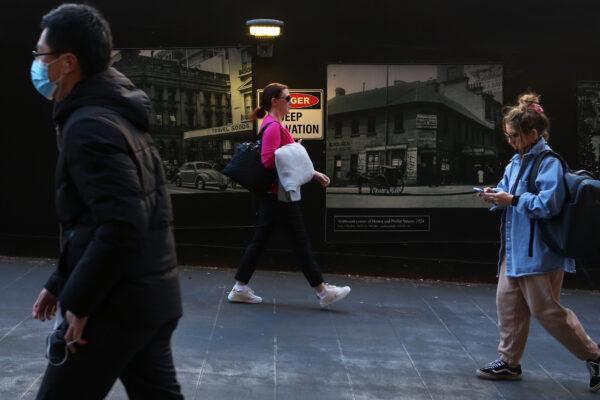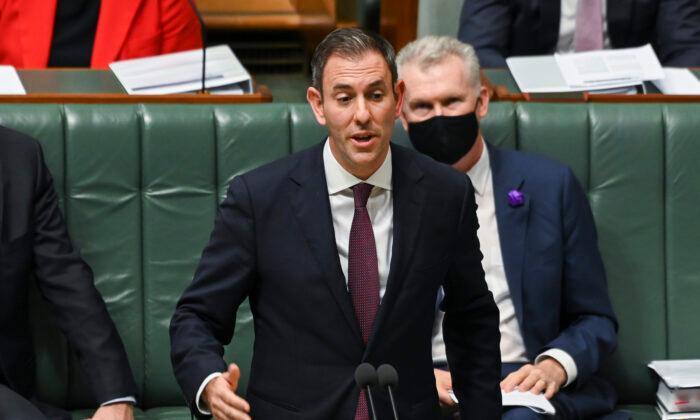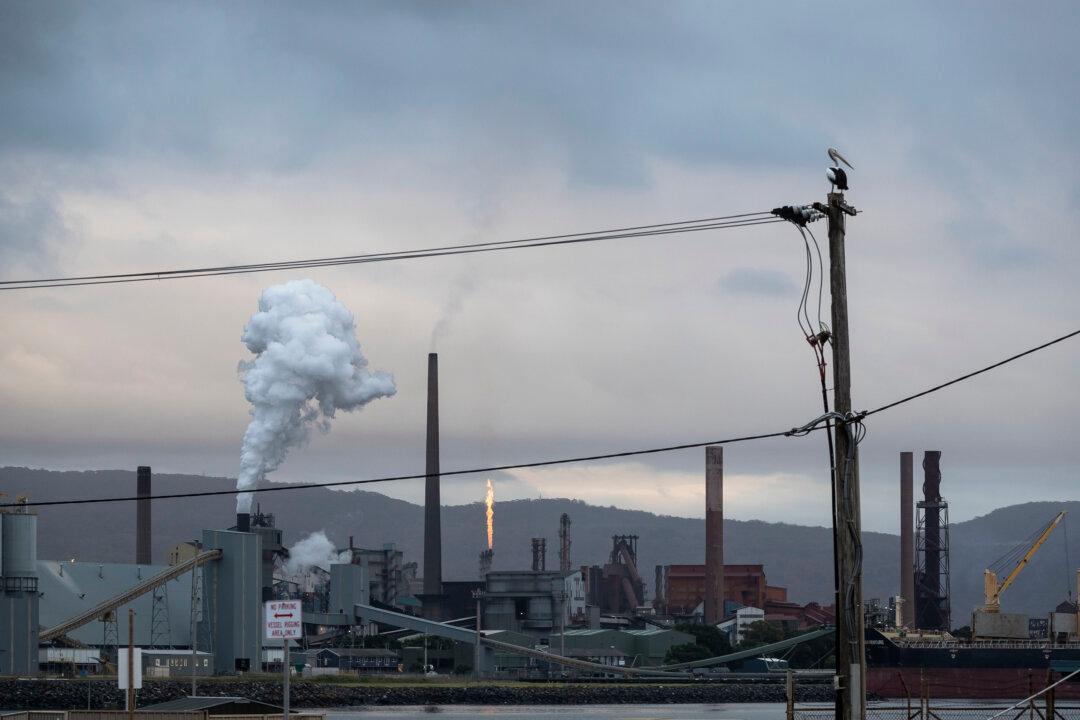Australian Treasurer Jim Chalmers has warned the country is unlikely to see a budget surplus in the next few years despite a recently announced $50 billion (US$32.3 billion) improvement in the government’s bottom line.
Federal Budget Remains Under High Pressure
While the treasurer welcomed the turnaround in the budget bottom line, he said favourable conditions would come to an end.“Australia faces more substantial pressures that will have an ongoing impact on our fiscal position, including higher costs of servicing government debt, increased spending on government payments from higher indexation, and underlying spending growth in areas such as NDIS, health, aged care and defence,” Chalmers said.
Financial Minister Katy Gallagher added that the government also needed to address some delayed spending from last year.
Under such circumstances, the treasurer said it was unlikely for his department to include a surplus forecast in the October 25 budget for the 2022-2023 financial year.
“The situation is more difficult than that, and I think Australians understand that given the fiscal and budget circumstances that we’ve inherited, it will take much more than one budget to turn that around,”

AMP economist Shane Oliver agreed that it would take time for the budget to recover and said part of the reason was a potential drop in commodity prices and increased unemployment due to an economic slowdown.
Furthermore, he said while the government would have to lift spending in many areas, its revenue was unlikely to improve much because of expectations of lower long-term productivity growth.
Overview of The 2021-2022 Budget Outcome
The newly reported $32 billion deficit came following a $134.2 billion shortfall in 2020-2021, and an $85.3 billion deficit in 2019-2020.In addition, the 2021-2022 budget saw a rise of $27.7 billion in revenue due to high commodity prices and more income tax. And government spending was $20.1 billion lower than predicted.
“This was due to delays in the contracting of COVID spending, temporarily lower-than-expected demand for some health and NDIS services, and the impact of supply chain disruptions and capacity constraints on road and rail infrastructure projects and other spending,” the budget outcome paper said.
The paper also showed that the amount of COVID-19 business support payments made by the government was less than expected.
Meanwhile, Shadow Treasurer Angus Taylor said the budget turnaround was well diversified and not only caused by high commodity prices.
While pointing to factors such as high employment and healthy business performance, he said the Labor government was playing down the $48 billion drop in debt.
“Labor has inherited an extremely strong position,” Taylor told reporters.
“Perhaps he [Chalmers] is just buttering up the Australian people for more taxes. For a big spending budget, he needs to tax people more.”
Taylor then warned that high government spending would worsen inflation.
Meanwhile, Chalmers said the October budget would include limited living cost measures that would not fuel inflation.
“(The government) is providing responsible cost of living relief in a way that delivers an economic dividend and doesn’t force the Reserve Bank’s hand even more,” he said in parliament.






Friends Read Free